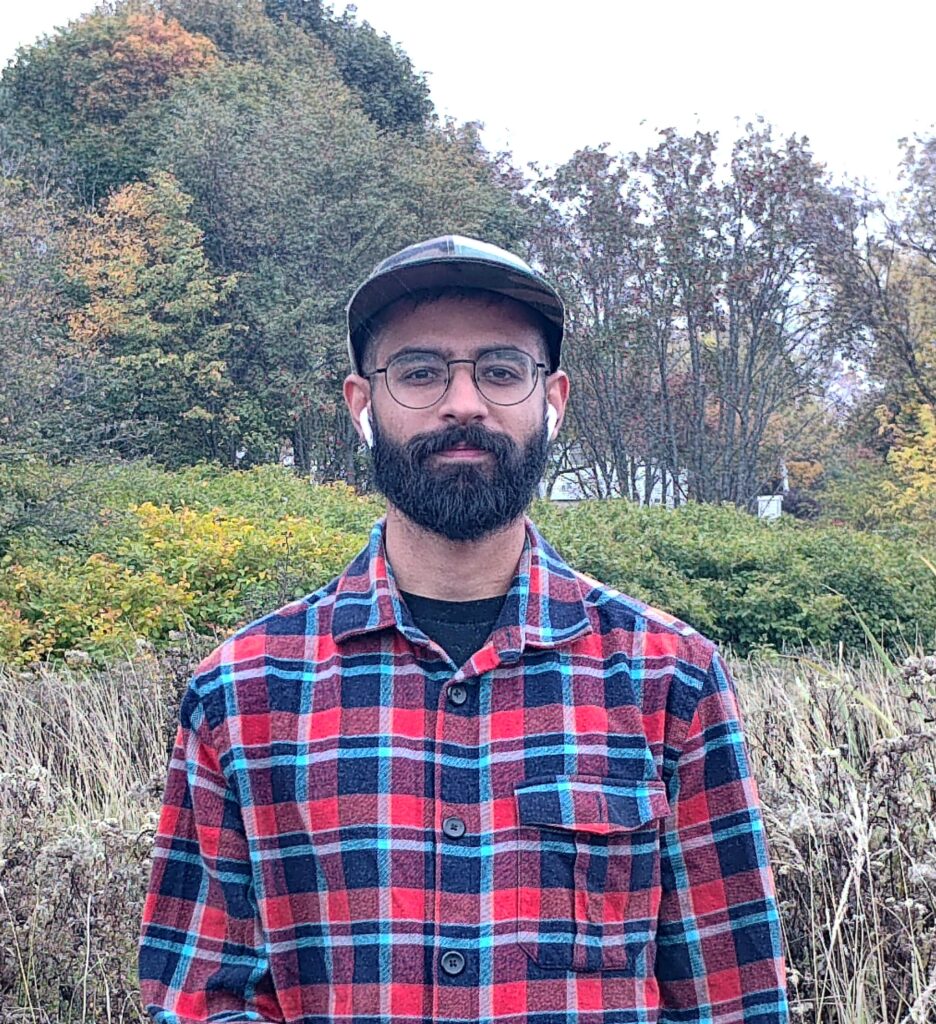Mount Allison University warned its actions are unconstitutional and discriminatory
On October 22, 2025, a legal warning letter to Mount Allison University after the New Brunswick-based institution banned a Christian from campus property to deliver food as part of his paid work unless he agreed to stop sharing his faith.
Somesh Vyas, who also goes by Blaze Wolf, recently converted to Christianity and says he feels called to share his beliefs in public spaces.
Born and raised in India, Mr. Vyas moved to Canada alone in 2017 as a university student, drawn by the country’s reputation for open dialogue and individual freedom. He married his wife in 2019 after meeting her at university and has since made Canada his home. Deeply interested in philosophy and debate, he was initially inspired by Western ideals of free expression and reasoned discourse—values he says now feel threatened by the very institutions meant to uphold them.
Mr. Vyas describes his faith as the result of a lifelong search for truth. After years of worldly success, he experienced what he calls a “road to Damascus” moment that led him to embrace Christianity. Since then, he has devoted his life to sharing his faith and engaging others in conversations about morality, critical thought, and the spiritual meaning of life. When not discussing ideas near the campus crosswalk, he delivers food to students, trades in the financial markets, and occasionally preaches outside local bars—hoping to reach those searching for meaning.
After being told to stay off university property, Mr. Vyas complied and kept his advocacy to the surrounding sidewalks. Nevertheless, on September 11, 2025, he was served with a Trespass Order barring him from the grounds. When he later contacted administrators to confirm that he could still deliver food to students living on campus—an activity permitted under section 12.1 of New Brunswick’s Trespass Act—he was told that he would only be permitted to deliver food if he agreed to “stay away from campus, including the crosswalks, sidewalks and streets” when sharing his faith.
Constitutional lawyer Hatim Kheir said this ultimatum represents an unlawful attempt to use statutory power to restrict freedom of religion and expression protected under sections 2(a) and 2(b) of the Charter. “When large institutions, like universities, use the powers granted to them by the government to regulate public behaviour they are engaging in government activity and can be made subject to the Charter.”
University accused of coercing Christian to renounce public faith expression
The warning letter cautions that the University’s attempt to leverage Mr. Vyas’s livelihood to compel him to cease his religious advocacy, even on public property, amounts to unconstitutional government action. It also states that the order is discriminatory under section 7 of the Human Rights Act, which prohibits notices indicating an intention to discriminate based on religion or creed.
Mr. Vyas said he was deeply disappointed at being silenced in a place he once associated with open dialogue. “I came to Canada 10 years ago seeking freedom; a society where individuals can freely express ideas, using open discourse to seek truth,” he said.
“I am deeply dismayed to find that today I cannot walk onto a public university campus where I went to school, sit on the grass and have discussions on philosophy, politics and religion,” he added.
The letter concludes by calling on the University to retract its ultimatum and allow Mr. Vyas to deliver food to students without restrictions on his right to share his faith in public spaces.

